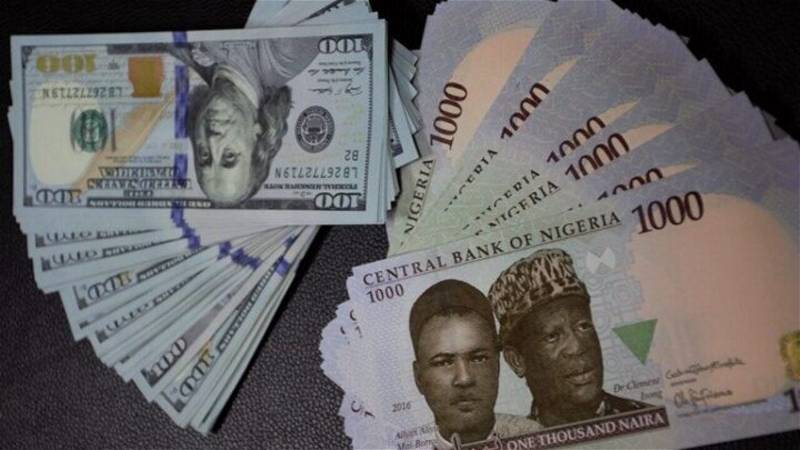Under President Bola Tinubu’s leadership, Nigeria’s economy is continuing to deteriorate, and the naira continued its downward spiral on Monday, falling to N1,700 against the dollar and N2,100 against the pound sterling, according to Peoples Gazette.
Despite efforts by the Central Bank of Nigeria to stop the naira’s fast decline, this occurs as the currency achieves an all-time low versus the US dollar and the British pound sterling in Nigeria’s history.
Even while the value of the naira was declining relative to the US dollar before Mr. Tinubu took office in May of last year, the depreciation of the naira quickened when the currency was allowed to float.
The historic decline in the value of the naira in September, when it was trading at N1,000 to the dollar on the black market, exposed the shortcomings of Mr. Tinubu’s attempts to control the country’s currency in the face of uncontrollably high inflation.
The Association of Nigerian Licenced Customs Agents (ANLCA) protested in July that a decrease in automobile imports into the country’s ports was a result of the country’s currency being floating. Naira Rates states that on January 31, the value of the naira dropped to N1,520.123 to the dollar.
This contrasts with the naira’s depreciation of N38 in less than a day to N1,482.75 per dollar as documented in the official foreign exchange market on January 30. The official exchange rate, which traded at N1,470 per dollar from N1,425 on January 29, is now higher than the parallel market exchange rate for the first time since the COVID-19 period.
The monetary policies implemented by Mr. Tinubu’s administration significantly contributed to the naira’s subsequent decline following the currency’s flotation.
According to a Price Water Coopers assessment, Mr. Tinubu’s economic policies, which eliminated fuel subsidies and combined several foreign exchange windows into a single Importer and Exporter, or I&E, window, severely depreciated the value of the naira by 98%.


